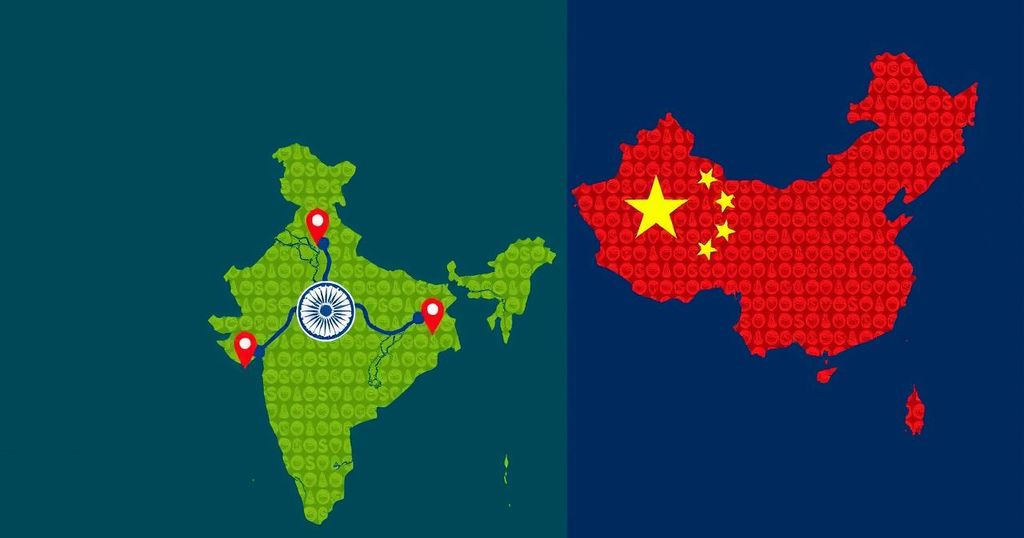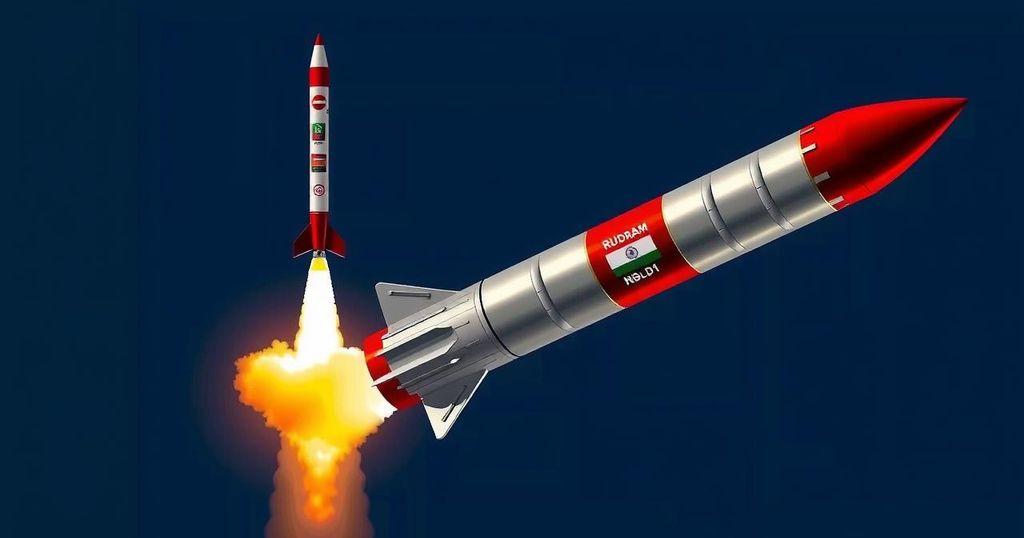Taliban Delegation’s Historic Attendance at UN Climate Summit in Azerbaijan
The Taliban has sent a delegation to COP29 in Azerbaijan, their first participation since regaining power in 2021. Led by Muti-ul-Haq Khalis, the delegation aims for observer status at the summit, where Afghanistan’s vulnerability to climate change is a critical issue. However, their exclusion from broader international engagement is primarily due to human rights violations, particularly against women.
On Sunday, representatives of the Taliban in Afghanistan arrived in Azerbaijan to attend the upcoming United Nations Climate Change Conference (COP29), marking their first appearance at such an event since they regained control of the country three years ago. Muti-ul-Haq Khalis, the head of the National Environmental Protection Agency, leads this significant “technical” delegation, which is expected to hold observer status instead of full participation. The conference is set to commence on Monday in Baku, the capital of Azerbaijan, and will continue until November 22. Despite their invitation, the Taliban remain largely sidelined in international climate discussions due to the lack of recognition as Afghanistan’s legitimate rulers and the refusal to allow them to occupy the country’s seat at the U.N. General Assembly. Afghanistan is recognized as one of the countries most vulnerable to the impacts of climate change, recently suffering from destructive weather events, including flash floods that resulted in over 350 deaths and damaged thousands of homes. The severe weather patterns the country has experienced are indicative of the increasing climate crisis, a concern expressed by U.N. agencies. The Taliban leadership has asserted their desire to engage in global climate discussions, emphasizing that their political isolation should not hinder their participation in addressing environmental challenges facing Afghanistan. Azerbaijan, as the host country of COP29, extended an invitation to the Taliban’s environmental officials as observers, allowing them limited engagement in discussions and the opportunity for potential bilateral meetings. Nonetheless, the Taliban’s governing policies—particularly their severe restrictions on women’s rights—have deterred significant international engagement with their regime. Since assuming power in August 2021, they have imposed measures preventing girls from receiving education beyond the sixth grade and have barred female university students. Furthermore, women are required to cover their bodies and faces in public and cannot travel without a male guardian. The Taliban maintain that their governance strictly adheres to Sharia law and dismiss international demands to amend their policies as unwarranted interference in Afghanistan’s sovereignty.
The Taliban’s delegation at COP29 represents a pivotal moment for Afghanistan, a nation grappling with extreme vulnerabilities to climate change exacerbated by political isolation. Since seizing power in 2021, their exclusion from international forums has been largely due to their controversial governance, particularly the suppression of women’s rights. Climate change presents a critical challenge to Afghanistan due to its poverty-stricken, agrarian economy that is heavily reliant on favorable weather conditions. Natural disasters, such as floods and droughts, have disrupted livelihoods and displaced many Afghans. The international community, while concerned about climate issues, remains hesitant to formally engage with the Taliban regime given their refusal to uphold basic human rights standards. The presence of a Taliban delegation at COP29 signifies an attempt to reintegrate Afghanistan into the global climate dialogue while highlighting the urgent environmental crises faced by the country.
The Taliban’s participation at the UN climate summit in Azerbaijan marks a significant yet controversial engagement in international environmental discussions. It underscores the duality of needing to address Afghanistan’s climate vulnerabilities while navigating the complexities of the Taliban’s governance, which continues to elicit global condemnation due to severe restrictions on women’s rights. This conference presents a rare opportunity for dialogue, albeit with limited participation for a regime struggling for legitimacy on the international stage.
Original Source: www.voanews.com







Post Comment